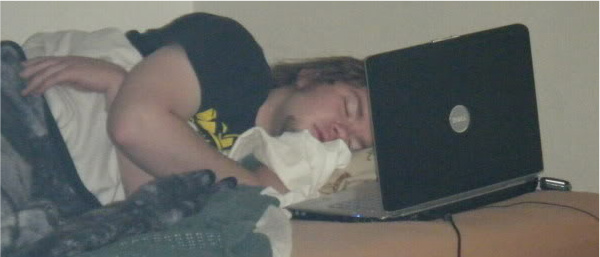Also, it used to be free to read an article in The Guardian, but during the Covid days, they started charging. Sorry.
Abi Fuller sent this:
I found this article from last week's Guardian Family section interesting regarding the tv-watching-equals-obesity myth. You may have seen it but if not here's a link:
http://www.guardian.co.uk/lifeandstyle/2010/jan/23/children-sleep-obesity-nurtureshock
The descriptions in the article about the effect of lack of sleep on children also fit with the differences in energy / enthusiasm I
have observed recently between my son (5 1/2 - who goes to sleep when tired & gets up when he wakes up) and his peers who began school last August. They all seem so tired and their mums have tales of having to peel them out of bed in the morning.
Before any jump to what's in that article (an excerpt from Nurtureshock), I want to say that energy and enthusiasm also have to do with happy anticipation, and not just the number of hours slept. If there's something wonderful going to happen, people can wake up energetic and enthusiastic for it. I don't think there are enough hours in the year for a teenager who is beat down by school, and tired of school, to wake up with energy and enthusiasm for another schoolday.
The article is about lack of sleep contributing to obesity, rather than TV. It's interesting. It's supportive of what unschoolers do. It is NOT supportive of anything it suggests will help, really. The "fixes" mentioned in the article reminded me of a story I can't find now. I thought it was AEsop, but it might be someone else.
A farmer had a garden, and the birds kept getting in. He watched, to see how to keep them out. He noticed that when they entered the garden, they barely skimmed the top of the garden wall. So he added one more row of bricks to the wall to keep them out.
What will help is not starting school half an hour later, or an hour later, or trying to make teenagers go to bed an hour early. Making school really useful and exciting might work, but that's not going to happen.
What helps with all the things mentioned in the article is letting children and teens sleep until they wake up naturally.
Sandra

SandraDodd.com/sleep
No comments:
Post a Comment